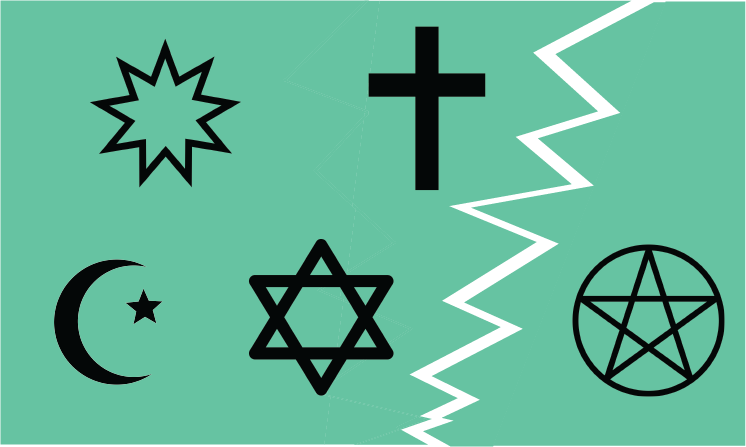No governing body, chaplain, cited as reasons eight dates were removed from UVic’s annual calendar earlier this year

Eight Wiccan holiday dates were removed from UVic’s annual religious observances calendar this year, in a move that leaves just four religions represented in the calendar, and students and faculty who identify as Wiccan without a way to request time off on a day that is not a statutory holiday.
In both the 2017/18 and 2018/19 academic years, the university included eight Wiccan holiday dates on its calendar — along with holiday observance dates from Bahá’í, Judaism, Islam, and Christianity.
However, without a Wiccan chaplain or governing body, the university, in consultation with Multifaith Services, decided to forgo dates that would give Wiccan university members time off during a Wiccan holiday.
“The ‘calendar’ of religious observances reflects the faiths of the chaplains represented in Multifaith Services. The list of observances is by no means exhaustive of all faith groups represented on our campus or in the greater society,” said Cassbreea Dewis, Executive Director of the Office of Equity and Human Rights (EQHR), in an email interview with the Martlet.
“The calendar is a guide and reminder of some of the faith observances where adherents are expected to refrain from secular activities like classes or work obligations and a reminder to our community members that they must accommodate in these instances … For instance, through consultation, we learned that with Wiccan observances, there is no governing body nor religious observances requiring adherents to refrain from work or classes.”
Wicca, a Western movement that originated in northern and western Europe, is known as a nature-based religion. Followers believe in spirituality and respect for nature and practice magic, witchcraft, and nature observance. Wiccans observe days such as the summer solstice and the vernal equinox, both of which were previously listed on UVic’s observances calendar.
The university has a legal obligation to reasonably accommodate students and faculty who need time off for religious holidays.
After reviewing the dates from the past three years in UVic’s religious observance calendar, the Martlet found that Bahá’í had the most dates included in the calendar with 10, followed by Judaism with seven, and Islam and Christianity with three apiece. There were no Buddhist or Hindu holidays included.
Henri Lock, United Chaplain at Multifaith Services, says there hasn’t been a request in the community for at least 10 years for Wiccan representation through Multifaith Services.
“I don’t know if there is actually a [Wiccan] community that is functioning right now in Victoria, there probably is, but I’m just not aware of it and they haven’t approached me or Multifaith Services to have a chaplain be appointed,” said Lock.
Lock said there was a Wiccan chaplain when he first started at Multifaith Services in 1992; however, for approximately the past decade there hasn’t been a Wiccan representative at the chapel.
When asked how Multifaith Services would accommodate a Wiccan student or faculty member who wanted to practice their faith on a holiday no longer included in the university calendar, Lock said the chapel would be more than happy to serve as a place for students to practice their religion.
“If they want to practice their Wiccan faith here, the space is purely a drop-in space,” Lock said. “We’ve got a meditation room, if there’s a group of students who want to express a particular practice, the space is bookable.”
A chaplain, someone who acts as a teacher for a particular religion, would have to sponsor the event, but without a Wiccan representative, Lock said he would be more than willing to accommodate anyone interested and host the space.
However, Multifaith Services would prefer to have a Wiccan chaplain that would host and lead the traditional ceremonies.
“When that is not the case, we try to find ways to accommodate students’ practice, given the structure we have,” said Lock. “So a Christian supporting a Wiccan ceremony might be seen as weird in some circles, but we offer that to try and make it work.”
Currently, there are five Christian groups represented by a chaplain at Multifaith Services, along with a chaplain for each of the the Buddhist, Muslim, Jewish, and Bahá’í communities.
Dewis said that EQHR is reviewing their practices in creating the calendar, and encouraged anyone who wants to have their group in the annual calendar to contact her office directly.
“We want campus members of all faith groups to know that there are university policies that address accommodations for religious observances that may require students, staff, or faculty to refrain from work or attending classes,” she said.







